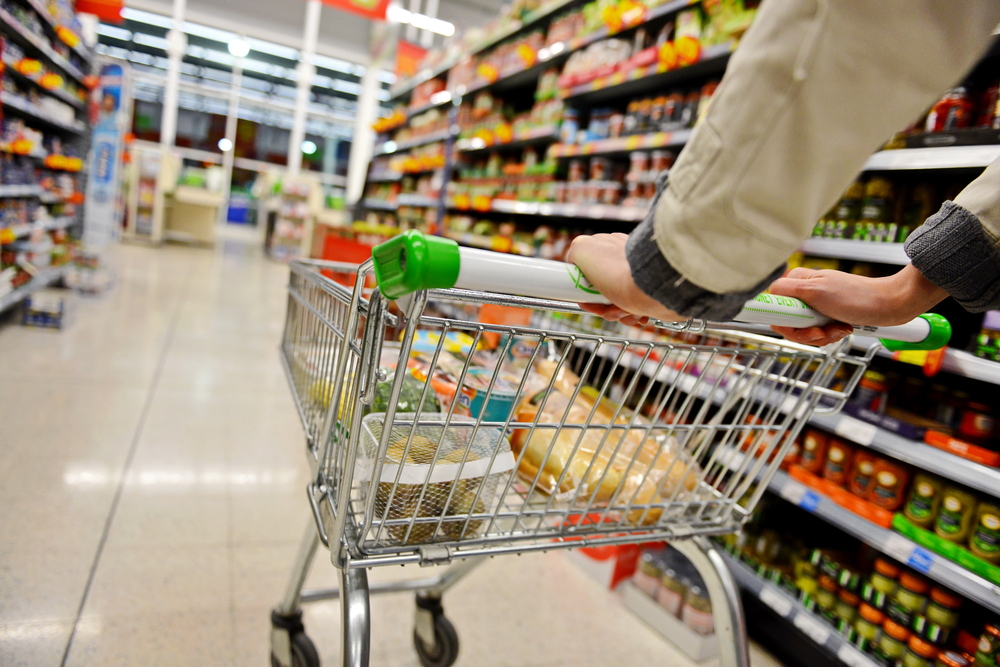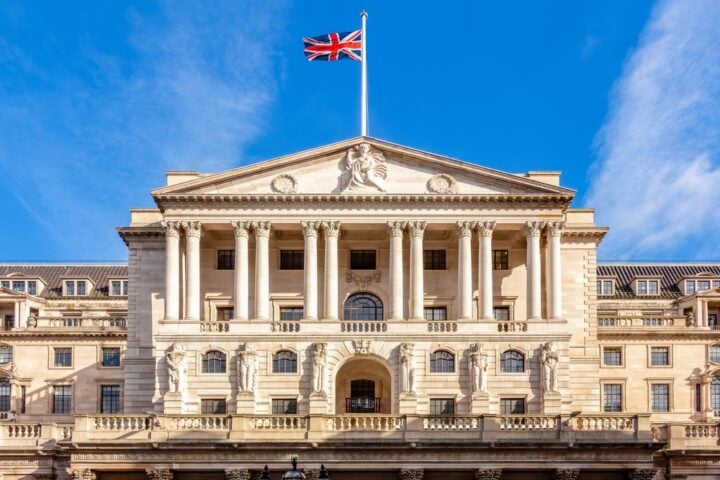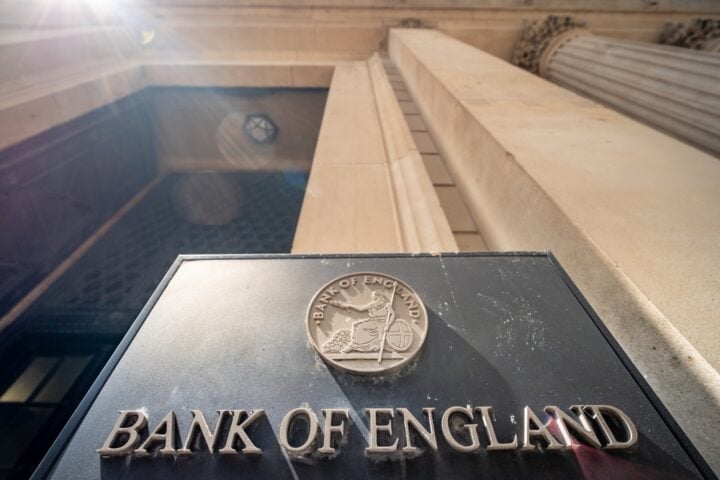Unexpected Drop in Retail Sales Stokes Economic Concerns
British retail sales fell unexpectedly by 0.3% in December, according to Office for National Statistics (ONS) data released on Friday. The decline, which follows a downwardly revised 0.1% expansion in November, raises concerns that the UK economy may have contracted in Q4 2024, adding pressure on Finance Minister Rachel Reeves.
The data caught economists off guard—Reuters’ poll had forecast a 0.4% increase—and comes amid a string of weak economic indicators since Reeves’ October budget, which introduced the largest tax hikes since 1993.
Financial Markets React to Weak Data
Following the release:
- The British pound (GBP) fell below $1.22, losing a quarter of a cent against the dollar.
- Gilt yields dropped, reversing gains from last week that had drawn comparisons to the market turmoil of Liz Truss’s 2022 “mini-budget.”
The disappointing figures have boosted expectations that the Bank of England (BoE) could cut interest rates next month to stimulate economic activity.
Retail Sector Pulls Down GDP Growth
For the entire fourth quarter, retail sales declined 0.8%, subtracting around 0.04 percentage points from overall GDP growth.
With the UK economy already flatlining in the three months to November, the weak December retail figures could be enough to push the country into an official economic contraction unless other sectors offset the decline.
Elliott Jordan-Doak, senior UK economist at Pantheon Macroeconomics, stated:
“Softening sales add to disappointment from November GDP earlier this week, suggesting the economy stagnated in Q4 or may even have contracted slightly.”
He added that the Bank of England has a window to cut rates in February, which he expects policymakers to take.
Food Sales Plummet to Lowest Level Since 2013
The December retail sales decline was particularly driven by a sharp drop in food sales:
- Excluding motor fuel, retail sales fell 0.6% for the month.
- Food sales hit their lowest level since 2013, with supermarkets experiencing significant declines.
Hannah Finselbach, senior statistician at the ONS, noted:
“This was driven by a very poor month for food sales, which sank to their lowest level since 2013, with supermarkets particularly affected.”
Retail Sales Growth Lags Behind Expectations
Despite the monthly decline, total retail sales were 3.6% higher year-on-year in December. However, this fell short of the 4.2% annual growth predicted by economists.
Looking Ahead: Will the BoE Cut Rates?
The unexpected retail slowdown increases the likelihood of a Bank of England rate cut, as policymakers look to support struggling consumer demand.
While retail sales data for December tend to be volatile and subject to revisions, the weaker-than-expected holiday shopping season suggests that households remain under financial strain heading into 2025.
With the economy teetering on the edge of contraction, all eyes are now on the Bank of England’s February meeting to see whether policymakers deliver an interest rate cut to prevent a prolonged downturn.







